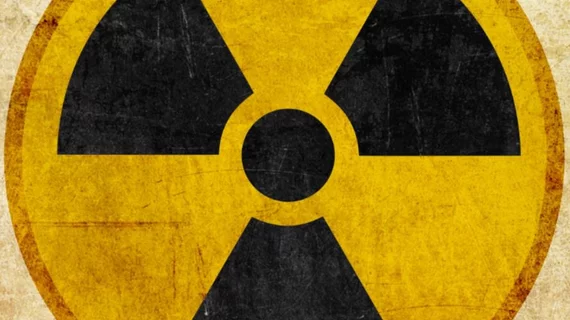CT radiation connected to brain cancer risk in those under 18
CT use has risen over the past 20 years, and new research published in the Journal of the National Cancer Institute finds the modality may increase the risk of brain cancer, especially among children.
Although CT scans improve diagnostic capability, the technique also emits higher radiation doses than most other imaging methods. Children are at an increased risk of radiation, more vulnerable to related malignancies and often have more time to demonstrate effects, according to an Oxford University Press USA release.
Researchers, led by Michael Hauptmann, PhD, with the Netherlands Cancer Institute, analyzed 168,394 Dutch children who underwent one or more CT scans between 1979 and 2012.
Hauptmann and colleagues looked for leukemia and brain tumor risk related to low-dose ionizing radiation from CT scans.
They found overall cancer incidence to be 1.5 times higher than they hypothesized, according to the release. Dose-response relationships were observed for all brain tumors, and relative risks increased to between two and four for the highest dose category.
There was no correlation between CT and leukemia, the authors noted, and radiation doses to bone marrow—where leukemia begins—were low.
"Epidemiological studies of cancer risks from low doses of medical radiation are challenging,” Hauptmann said in the release. "Nevertheless, our careful evaluation of the data and evidence from other studies indicate that CT-related radiation exposure increases brain tumor risk.”
Authors believe the excess cancer risk may be attributable to confounding by indication, since the children tested in this study were undergoing CT scans to determine if they were at increased risk for developing cancer.
“Careful justification of pediatric CT scans and dose optimization, as done in many hospitals, are essential to minimize risks," Hauptmann concluded.

